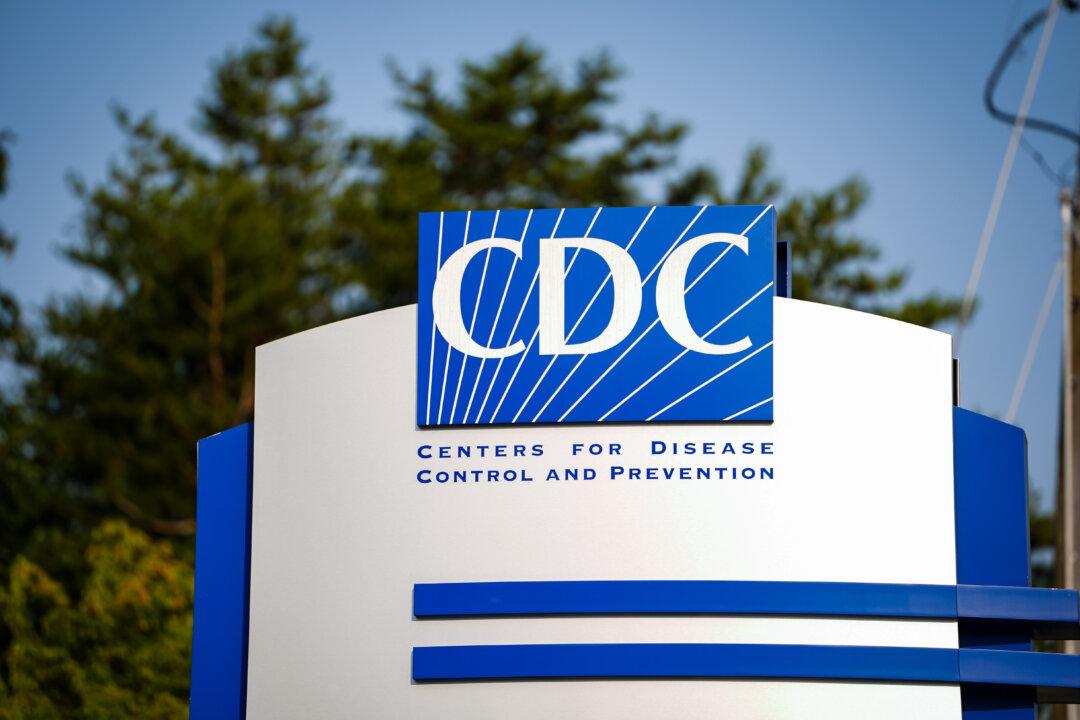The U.S. Centers for Disease Control and Prevention (CDC) on Monday advised state health officials to make personal protective equipment (PPE) available for farm workers in efforts to stem the spread of bird flu.
“CDC asked that jurisdictions make PPE available to workers on dairy farms, poultry farms, and in slaughterhouses,” it stated following CDC Principal Deputy Director Nirav Shah’s meeting with health officials.





